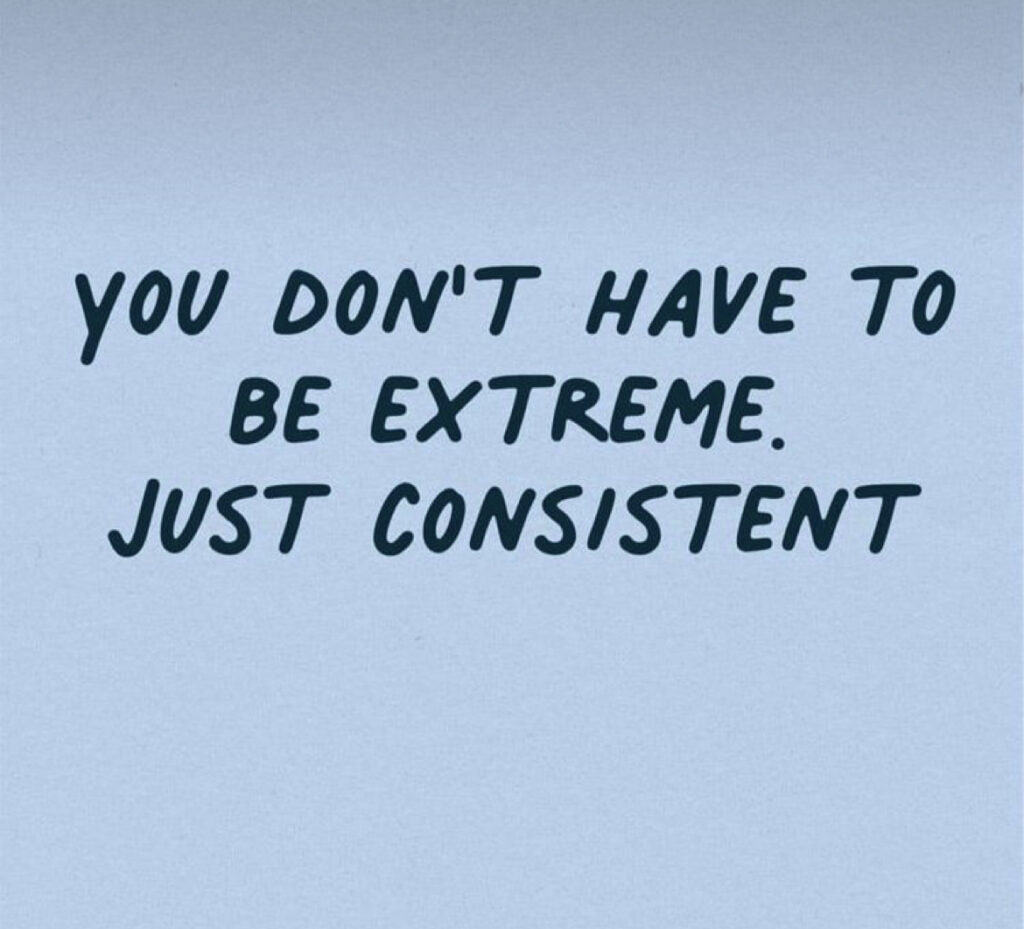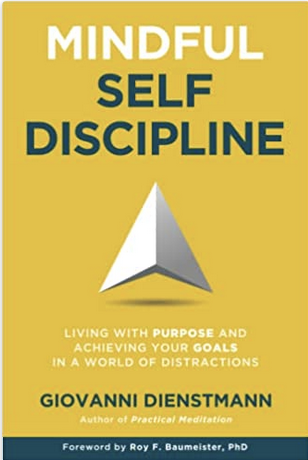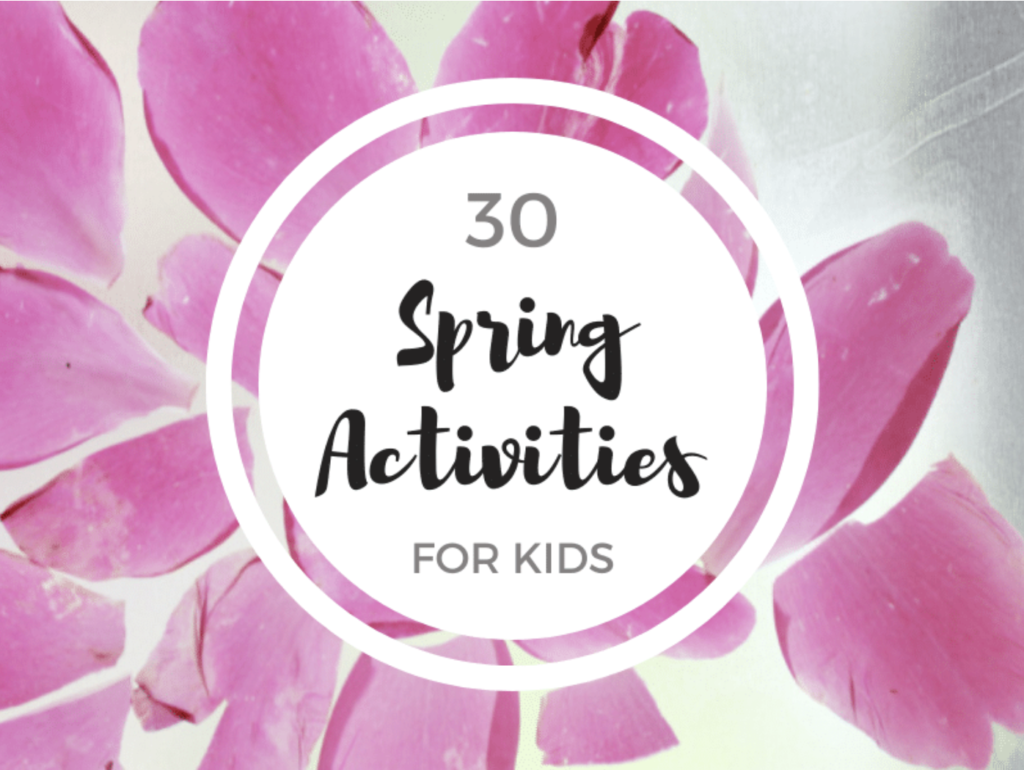Intermittent Reinforcement
As we settle into Spring, eagerness for warmer days and summer months emerges. Here in the Northeast, the weather has been consistently inconsistent. We see momentary glimpses of “normal” spring temperatures that transition to cold days and a return to puffer jackets. If you have noticed more vulnerability and disorientation, the weather’s inconsistency may be playing a role. In behaviorism, this type of experience is called intermittent reinforcement.
Intermittent reinforcement refers to an unpredictable and irregular reward, leading to a preoccupation with a desired outcome. When we think about our desire for warmer temperatures and sunshine, the recent inconsistency in weather has increased our want and need for more warmth. We may even notice ourselves obsessing over it, or feeling more frustrated when we do not have a sunny and 60 degree day. This all make sense in the context of understanding intermittent reinforcement’s role on our thinking, feeling, and actions. Intermittent reinforcement can occur with any need or want that we may have, however it commonly applies to rules and personal boundaries of relationships.
Sometimes in relationships we want things from another person that they are unable to provide consistently. When our desires and wants are only being met occasionally, we may become aware of confusion, fear, anger and disorientation due to the unpredictability of the thing we are seeking. This leads to increased obsession and drive for the desired outcome. This process is a similar feedback loop to that of a slot machine, and similar to our experience with the current weather. We learn that over enough time, we will get the outcome, regardless of rules, boundaries and personal limits. As a result, this feedback loop can lead to unhealthy patterns and lead to a greater sense of vulnerability, as we may observe confusion, obsessional thinking, self blame, and emotional pain.
The key is consistency. If you are able to notice patterns of intermittent reinforcement in your life, start to get mindful of the experience and seek out ways to either develop or find consistency. This may look like leaving a relationship that is not providing consistent reinforcement for an important desire, or it may look like developing more consistency in noticing the pattern of reinforcement and a willingness to intentionally change the cycle’s course. Once you are able to show up consistently for yourself with your own limits, you will have greater chance of returning the feedback loop of the intermittent pattern in the relationship or external environment.
We look forward to hearing from you this week on how intermittent reinforcement may be showing up in your life and your relationships. Fingers crossed for more warmer days!
WORDS OF WISDOM

MEME OF THE WEEK

ACTIVITY
MENU
Puffed Rice Cake Snacks, Small Bite Party Appetizers, Spring Vegetable Minestra
CONTRIBUTE





